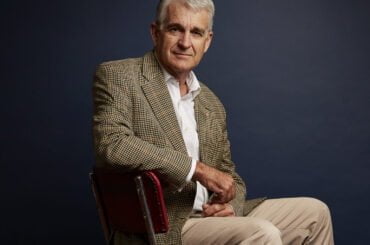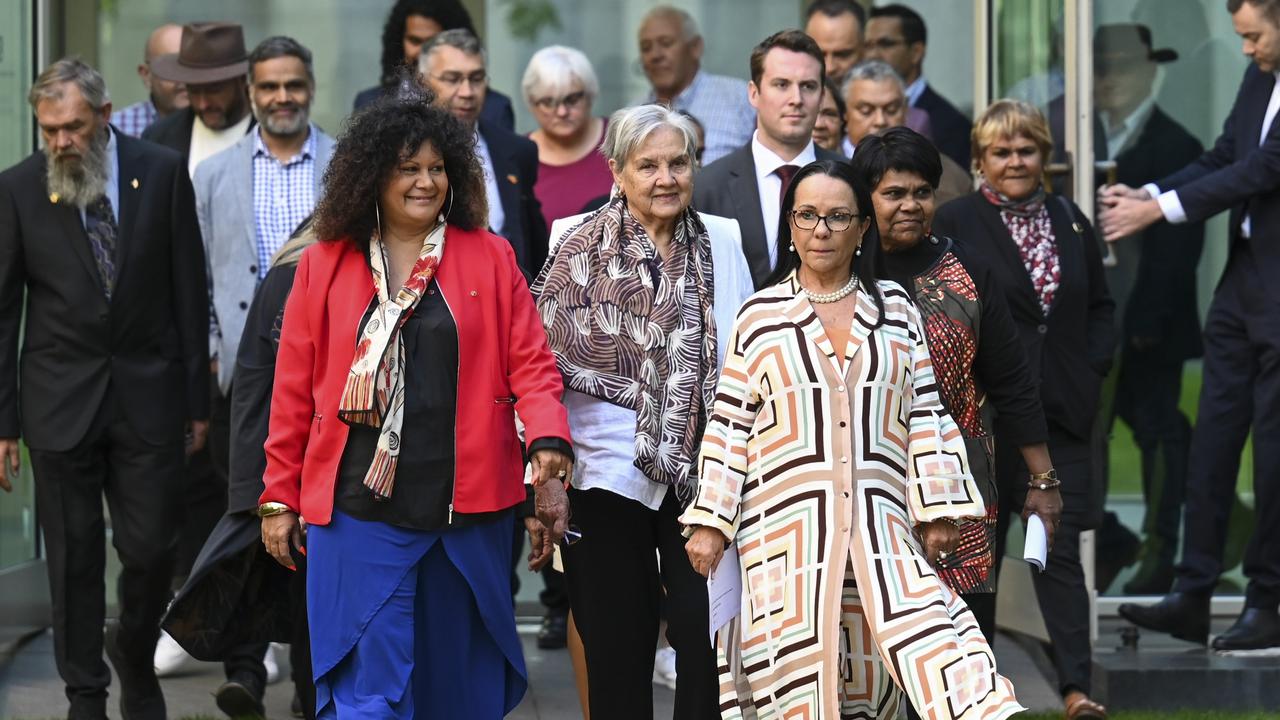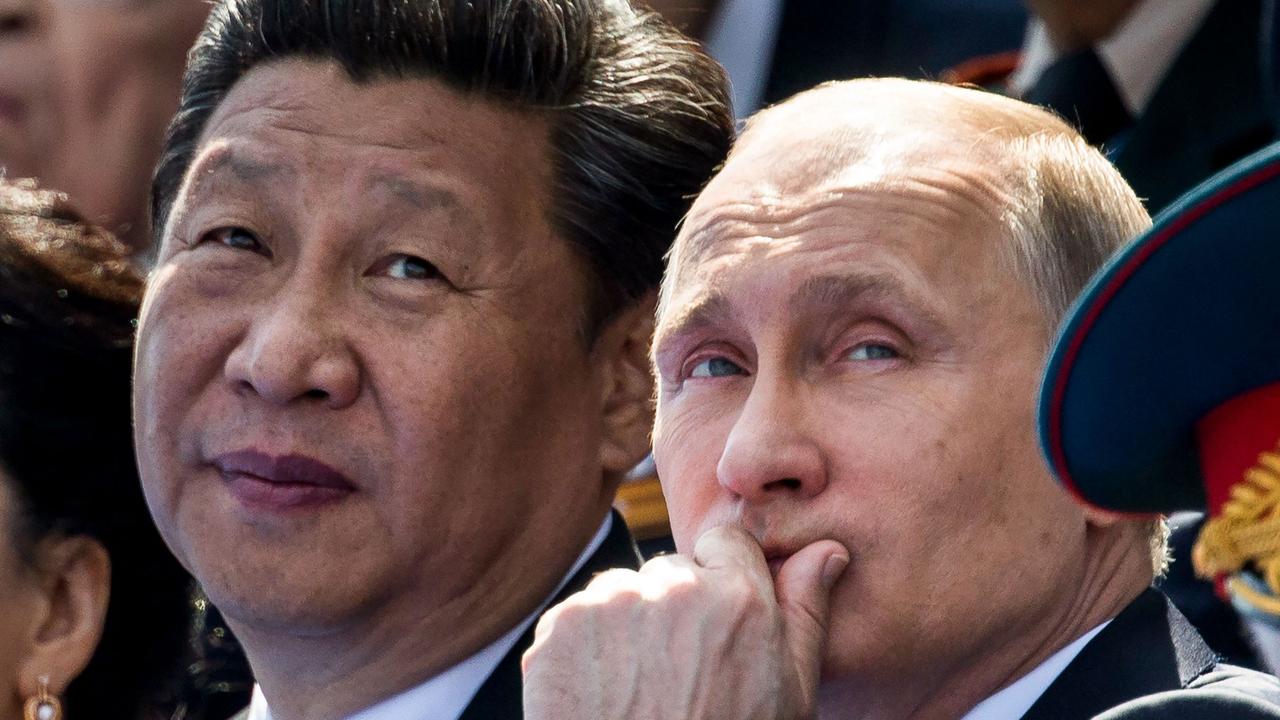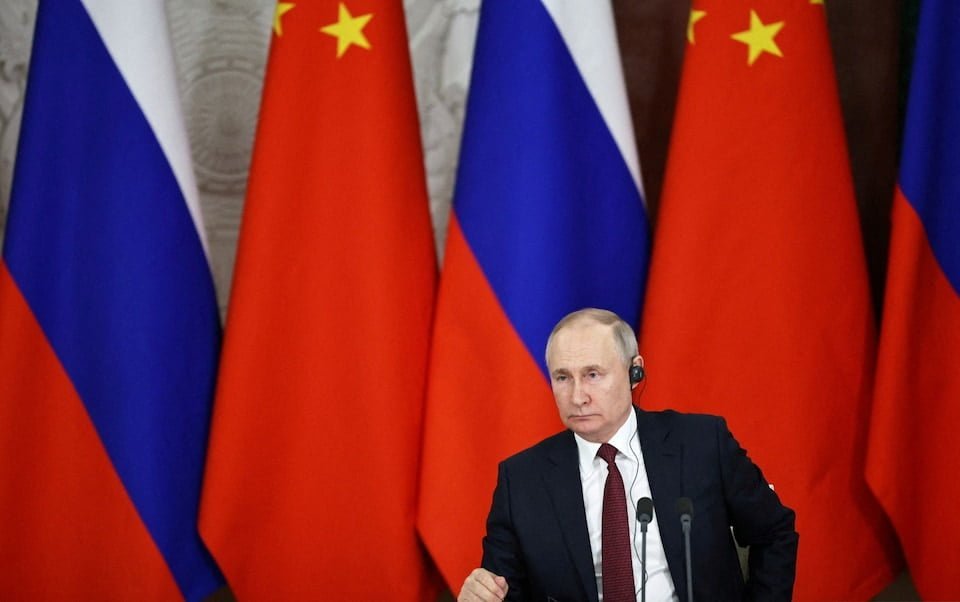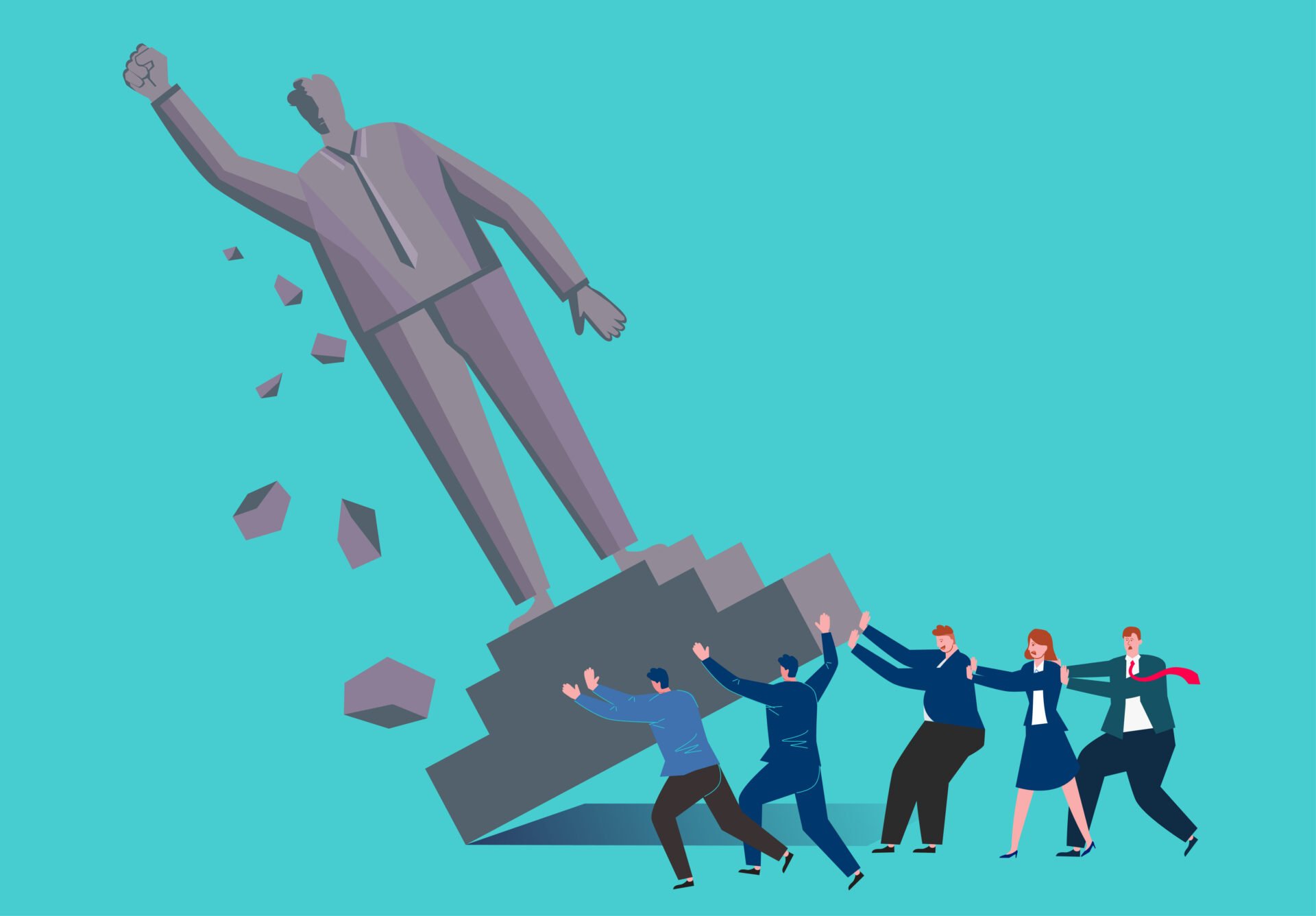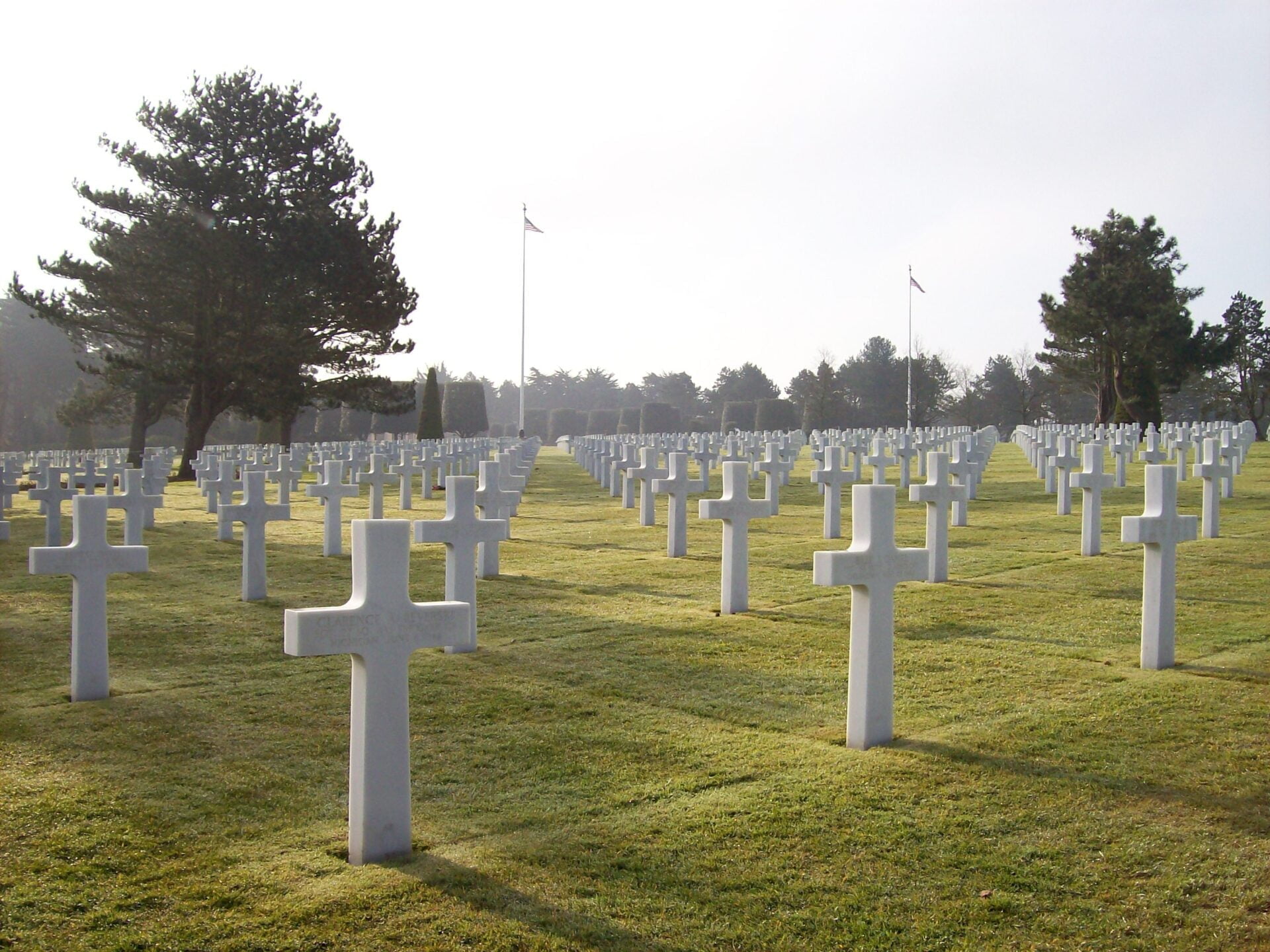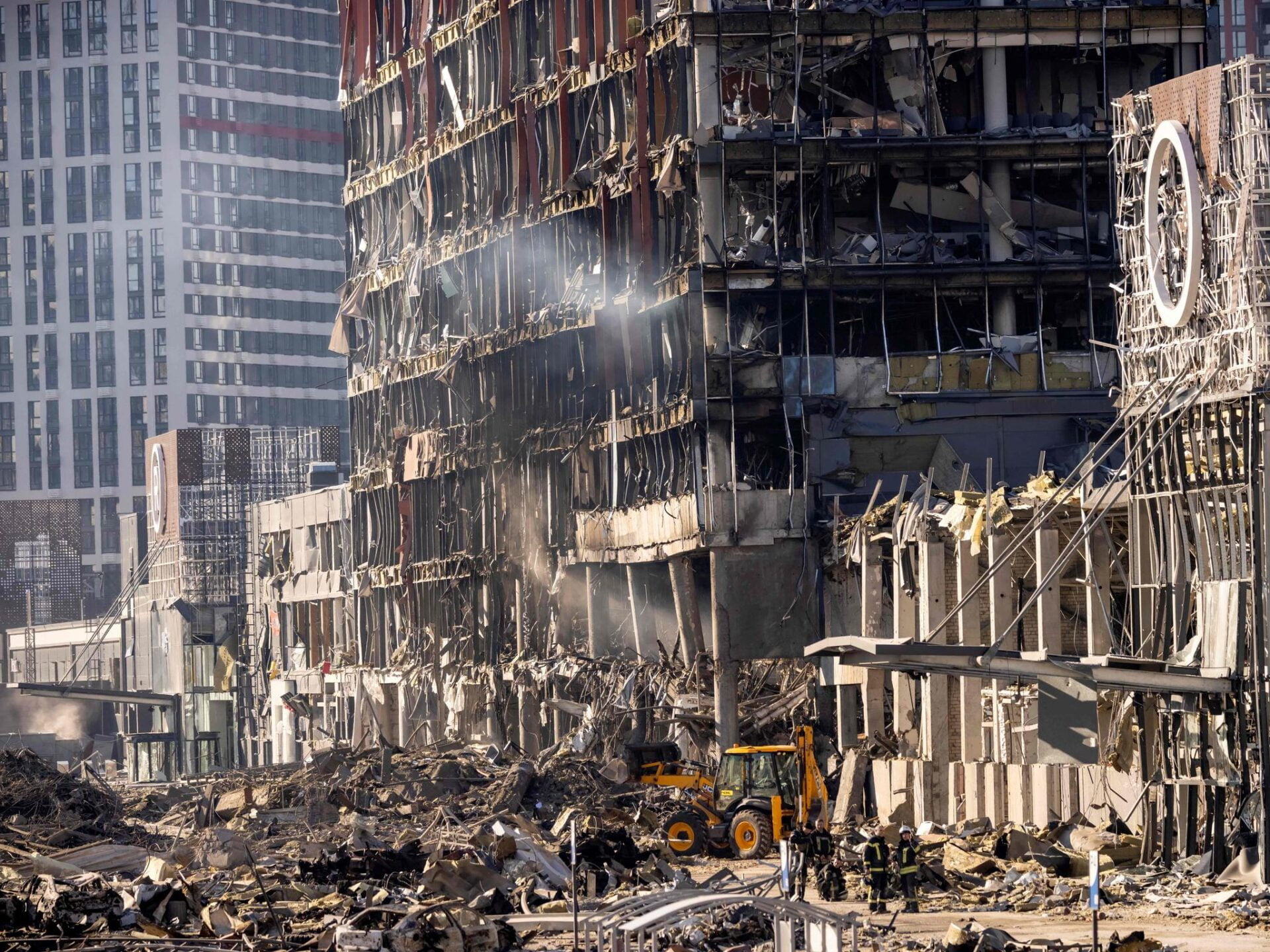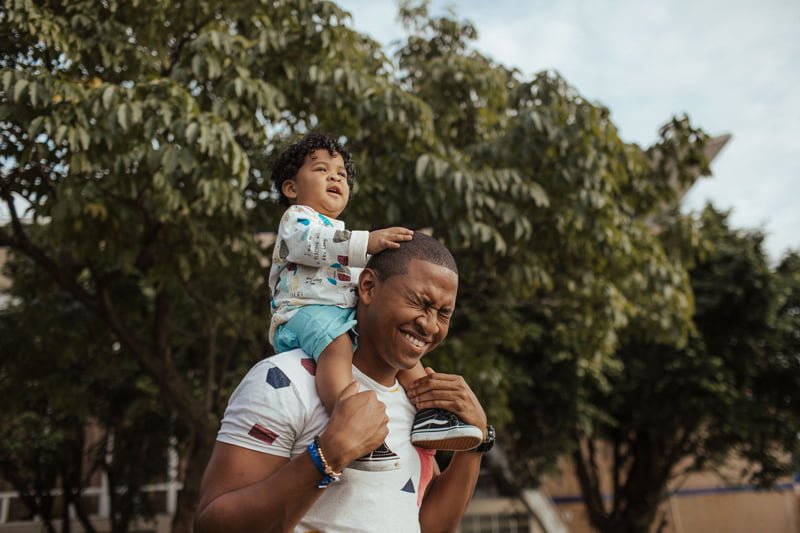
Black lives matter… fathers matter too
Black Lives Matters as a movement has played fast and loose with the facts regarding police brutality. The Washington Post police killings database shows that African-Americans are far more likely to be killed by other African-Americans and that last year, out of 56 unarmed Americans killed by police officers, 15 were African-Americans.
Yet could the Black Lives Matter movement have gained such traction if there was nothing at all wrong in the African-American community? It’s doubtful.
However, merely appealing to racism to explain inequality and high levels of incarceration among African-American men hasn’t proved to be very helpful over the years. In fact, there’s more to the story: it’s a problem with men in general, and African-American men are bearing the brunt of it. The problem is fatherlessness, and it’s increasingly being recognised not only as the greatest problem facing African-Americans, but America itself.
There can be no doubt that today many men are feeling a mixture of confusion and self-doubt, which is spiralling into a crisis of confidence about what it is to be a man. The explosive success of Jordan Peterson’s writings and lecture tours, much of which speaks to men struggling to find their role in the face of often virulent criticism, testifies to this. I have had the great honour of coming to know Peterson and it was he who personally introduced me to Warren Farrell.
Farrell is one of the most remarkable people I have ever met, and I was delighted to interview him recently for my video podcast Conversations series. Farrell, once recognised as America’s most famous male feminist, is now also one of America’s most well-known and respected experts on what he and his famous co-author John Gray call The Boy Crisis — the title of their recent book.
Farrell remains a feminist and a political progressive. On family issues, however, he’s more conservative and is deeply concerned by the disastrous social impact of the disintegration of the family over the past 40 years.
Speaking to Farrell at his home in California, I was deeply impressed by his mastery of the facts and figures and also by his genuine concern for the largely silent plight of men. With the decline of the family and traditionally male-dominated industries — manufacturing, mining, farming — we have inherited a serious problem for men, what Farrell and Gray call the “purpose void”.
Men without purpose are easily manipulated by charismatic men who can make them feel important. In our age of deep and wide social division, the last thing we need is a generation of men who can be manipulated by fringe militant ideological movements, right or left.
In the US, for example, men aged between 25 and 31 are 66 per cent more likely than women to be living with their parents. The prison population has increased by more than 700 per cent between 1973 and 2013. Of that population, 93 per cent are male and disproportionately young. Every day, 150 workers die from hazardous working conditions, and 92 per cent of them are male. By the eighth grade, 41 per cent of girls are at least proficient in writing, while only 20 per cent of boys are. A large study from Britain finds that boys’ IQs have dropped by about 15 points since the 1980s.
To return to the above figure of 93 per cent for male incarceration, Warren and Gray make a simple but devastating point: “We often allow that the disproportionate percentage of young black men in prison may reflect our racism, but rarely contemplate whether, since the other half of ‘black men’ is ‘men’, it may also reflect our sexism.”
The diagnosis is confronting. “The most important single crisis in developed countries,” write Farrell and Gray, is “dad-deprived children and especially dad-deprived boys.”
Speaking again of the US, Farrell and Gray show that a staggering 85 per cent of US youths in prison grew up in a fatherless home. Ninety per cent of US male prisoners are dad-deprived, as are 85 per cent of mass shooters. The link between the health of the family and crime is also strong.
In 1965, 25 per cent of African American families were dad-deprived; today this is about 75 per cent, with about 33 per cent of white families being dad-deprived. Farrell points out that researchers have shown mothers are good at setting boundaries, but fathers are better at enforcing them. In other words, huge populations of children are brought up without firm boundaries. The evidence is conclusive: vast numbers spiral into dysfunctional living, even crime.
On top of all this, Warren and Gray show that the absence of a father leads to both boys and girls having problems in about 50 areas of life, including health, education, discipline, and self-esteem, but boys will have those problems more severely. And here is the terrible reality, according to Farrell and Gray: “When boys are hurt, they hurt us — physically, psychologically and economically.”
A 2011 Australian Institute of Family Studies report summarised research finding that “Australian fathers play a vital role in their families” and that fathers’ parenting is “sometimes different, but complementary to, the role of mothers.” Furthermore, there are positive associations between measures of fathering and children’s socio-emotional and learning outcomes. In other words, fathers matter, uniquely.
All of this is what Paul Amato, a professor and expert in family research at Penn State University, calls “the Father Effect”.
We in Australia recently had our own Black Lives Matter protests regarding Aboriginal deaths in custody. As tragic as any death in custody is, when we look at the rates of deaths in custody we see that Indigenous Australians are actually less likely to die in custody than non-Indigenous Australians. And yet, as last year’s Closing the Gap report indicates, there are serious problems facing Australia’s Indigenous communities, such as higher mortality rates, lower literacy and numeracy levels, and lower employment rates. Although fatherlessness rate figures in Indigenous communities are hard to find, a Family Matters Report from 2018 showed that Indigenous children are 10 times more likely to go into foster care. Like the state of the family in the African-American community, the family in the Indigenous community is tragically ill.
The race riots in America will only flare up again until the restlessness in underprivileged black communities is addressed. As African-American professor and expert on race and policing in the US Wilfred Riley points out: “The black community endured slavery, at least in the south, endured Jim Crow. The crack era and so on down the line.” But Riley points out that, now: “Fatherlessness is the biggest problem … The biggest problem among all groups in America.”
As American writer Coleman Hughes has said, “systemic racism” is too vague to be of any help in solving problems in the African-American and, I would add, the Indigenous Australian community. Terms such as “systemic racism” and “white privilege” are not designed to inform and offer solutions, but to confuse and enrage. We know that they are misguided because their fruits have proven to be riots that have killed black people and destroyed black businesses and already underprivileged black neighbourhoods. But until the African-American family is restored, young men will find meaning and purpose in crime, and black men will continue to kill black men. The father void needs to be filled.
If we really believe that black lives matter then we must become equally convinced that black fathers matter. Or better still: all fathers matter.
Originally published in The Australian
Original Article
